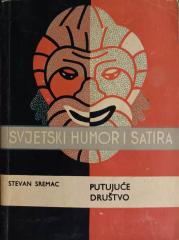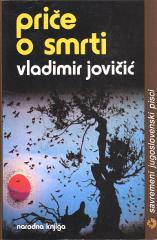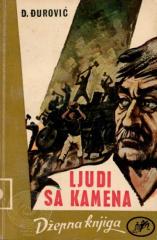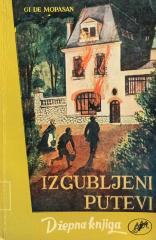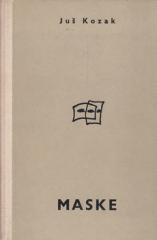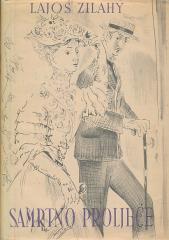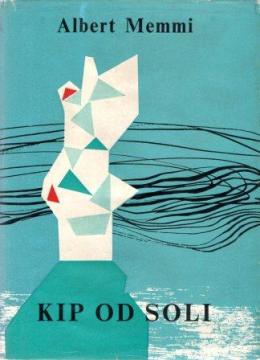
Kip od soli
Stup od soli (1953.) je polubiografski roman koji prati život mladog Židova iz Tunisa između dva svjetska rata. Smješten u kolonijalni Tunis, roman istražuje teme identiteta, otuđenja i sukoba između kultura, odražavajući Memmijevo vlastito iskustvo.
Mordecai, sin siromašnog krojača, odrastao je u židovskoj četvrti, gdje se suočava s predrasudama muslimanskog i kršćanskog stanovništva. Njegova potraga za obrazovanjem vodi ga od lokalne škole do francuskog liceja, gdje se susreće s kolonijalnom kulturom i počinje propitkivati svoje mjesto u svijetu. Oseća se rastrgan između židovskog nasljeđa, arapske okoline i zapadnjačkih ideala kojima teži. Njegova intelektualna ambicija i osjećaj nepripadanja dodatno se produbljuju kada odlazi na studij filozofije u Pariz.
Roman je duboko introspektivan, ispričan u prvom licu, gdje Mordecai analizira svoje unutarnje sukobe i traumu izazvanu diskriminacijom i kolonijalnom hijerarhijom. Njegov pokušaj da se integrira u francusko društvo nailazi na prepreke, jer ga ni tamo ne prihvaćaju u potpunosti. Naslov simbolizira Mordecaijevu paralizu – poput Lotove žene, okamenjen je u svojoj nesposobnosti da potpuno prihvati ili napusti bilo koju od svojih identiteta.
Memmi kroz precizan i poetičan stil razotkriva složenost kolonijalnog iskustva i univerzalnu potragu za pripadanjem. Roman završava bez konačnog rješenja, ostavljajući Mordecaia u limbu, što naglašava tragičnu prirodu njegove borbe.
Jedan primjerak je u ponudi
- Nedostaje ovitak
